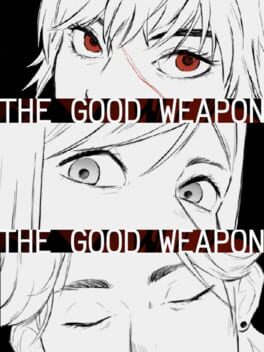Idealistic and a semi-transcendentalist piece. Disliked the messaging and weird ideological conception - obviously rife with anti-vanguardist policy, but the conclusion cuts off it's nose to spite the face; fundamentally it re-inscribes the passivity of revolutionary liberalism back onto what it itself acknowledges as a violent process. It feels as if it cannot reckon with tools necessitated in a struggle, and is therefore always in a process of deferring responsibility/violence (both in alterity and futurity, to the other, to the space beyond). Caught in this contradiction - at once acknowledging the revolutionary nature of struggle and denying the struggle of revolution - it becomes a self effacing process; a bloodless revolution, a tenth of capitalism already killed - by what? what wounds were necessitated by such a process? The text cannot interrogate it - mysticising it into an ordinariness of mythical nature, a messianism that has already happened and yet is still to come - by whom? why not you, the nukes at your fingertips? In a certain sense, then, it forgets what cannot be forgotten - that which must be forgot in order for anything novel - the violence of forgetting that must be expelled and held. The ordinary is valourised without ever being encountered, the process left open, undetermined (idealised) and therefore endlessly critical, without any idea of what itself can do.
sorry this is gibberish. i just didn't like this very much.
the art is cute tho ^x^
sorry this is gibberish. i just didn't like this very much.
the art is cute tho ^x^
